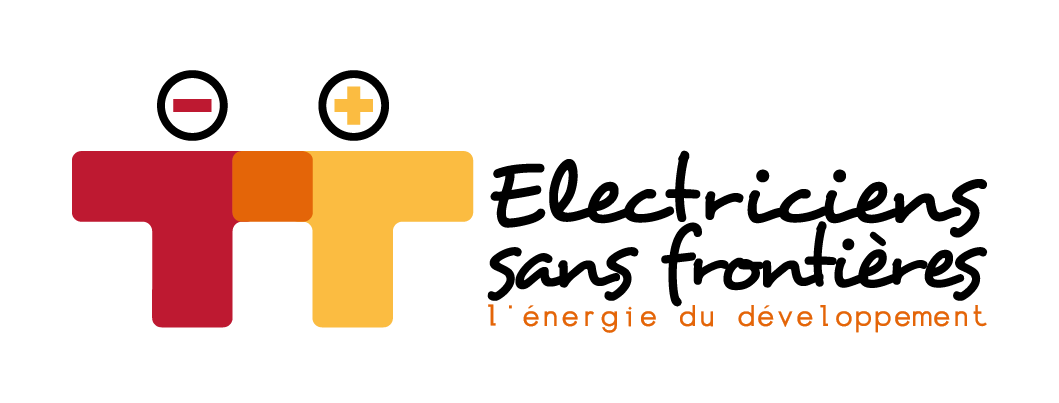2,2
billion people live on less than $ 2 a day, which is the extreme poverty threshold
805
million people around the world suffer from hunger
3,1
million children under five years of age die each year from malnutrition
The challenges
When carried out well, agriculture, forestry and fishing can produce food for everyone and generate decent incomes, while supporting development concentrating on the inhabitants of rural areas and protecting the environment.
At the present time, however, our soils, freshwater, oceans, forests and biodiversity are degrading rapidly. Climate change is putting even more pressure on the resources we depend on and is increasing the risk of natural disasters such as drought and floods.
The solutions
The construction of an irrigation network for market gardens increases the quantities produced and thus farmers’ incomes. It also helps the population to become self-sufficient.
The installation of a solar pump makes it possible to replace the use of a pump driven by an energy-consuming and polluting fossil-fuel motor. In addition, the use of buffer reservoirs or water towers makes it possible to store water and thus to have it nearby and continuously.
Access to electricity will enable the use of machines for the processing of raw materials such as cassava or making soap and oil. These products can then be marketed and generate income. The introduction of electricity also opens the door to new activities and contributes to the strengthening or emergence of craft activities, creating jobs and local resources.
For example, thanks to refrigeration, electricity enables agro-food products to be transformed and conserved.
Crop irrigation also ensures economic stability for a population because it leads to productivity gains, which induce an increase in the population’s income, thanks to the sale of additional crops. Furthermore, the use of pumps powered by solar energy saves money compared with the use of pumps powered by fossil-fuel motors.
Projet
Phongsaly: Electrification of isolated villages
This project responds to a request from villagers and authorities in Phongsaly district. It consists in sharing and implementing with the inhabitants of 10 villages, several solutions for access to electricity. The needs cover areas such as health, education, social life and the development of economic activities.
Voir le projet